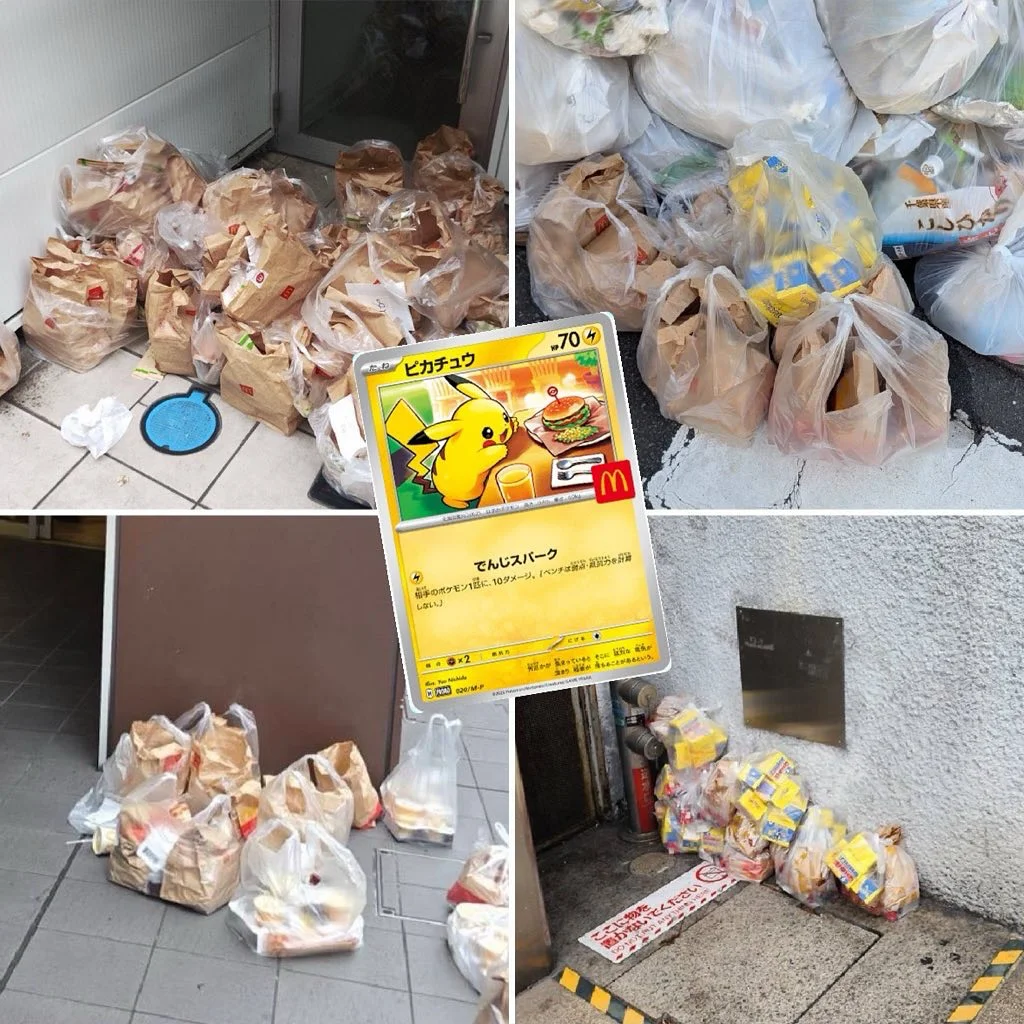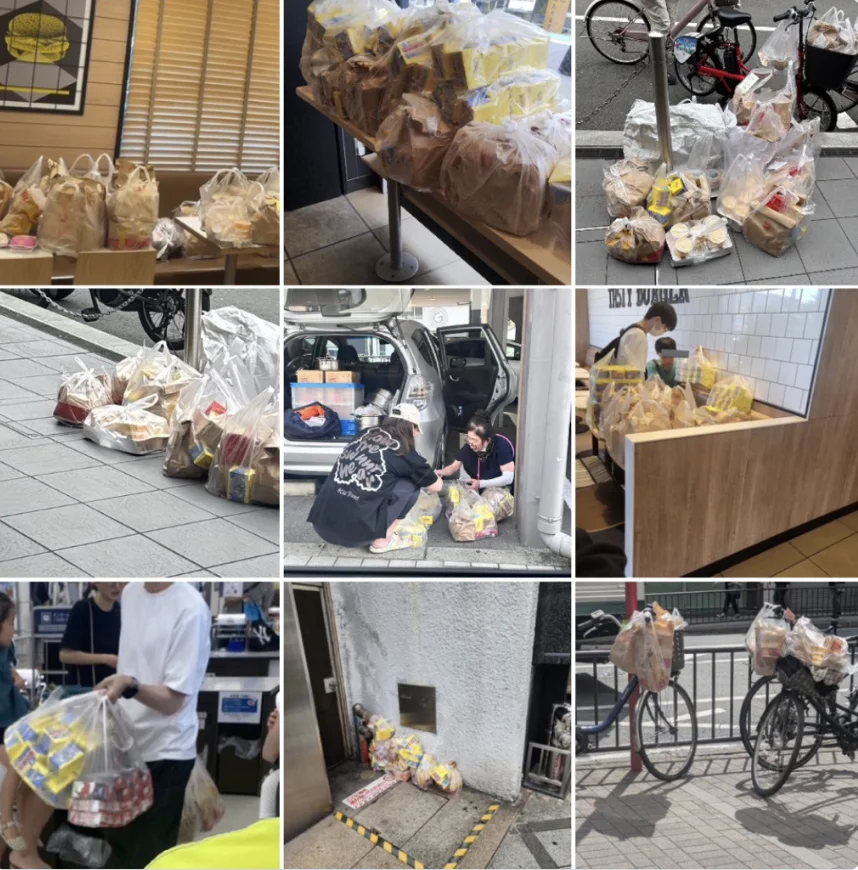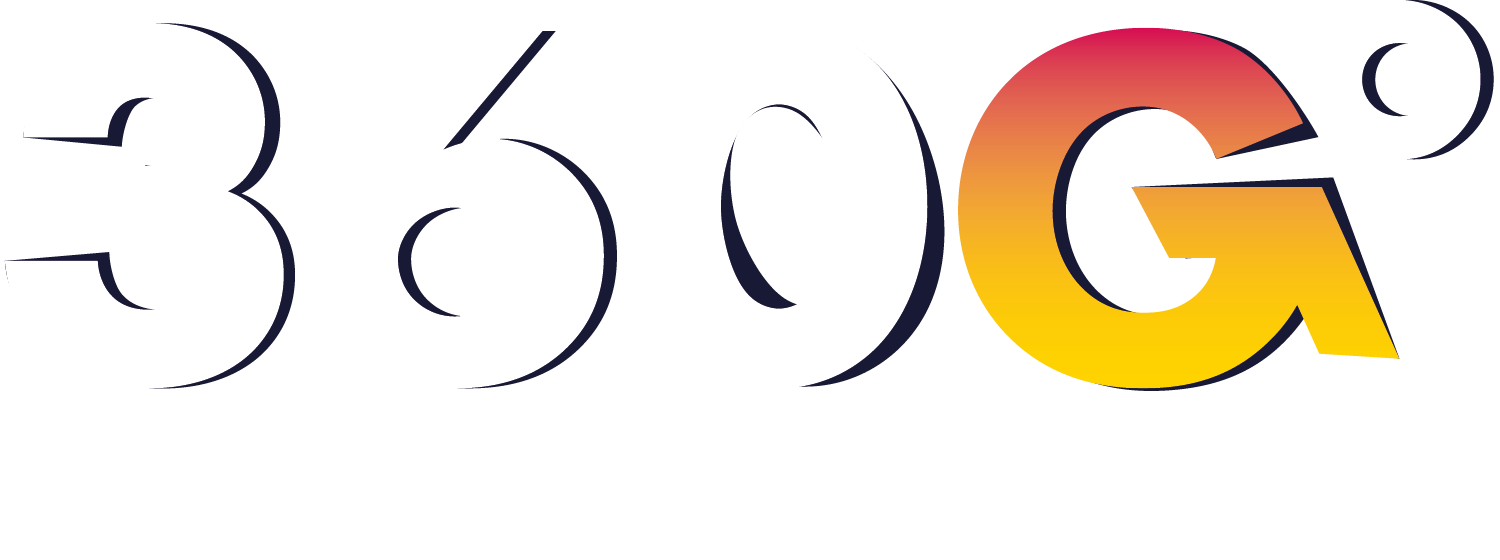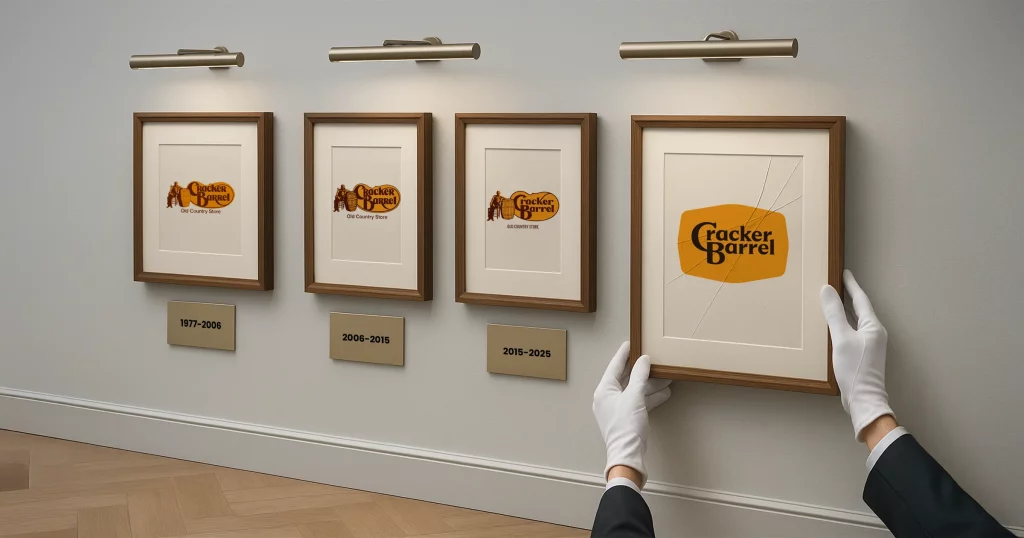Imagine a simple fast-food promotion meant to delight kids and Pokémon fans alike: a Happy Meal bundled with exclusive trading cards featuring Pikachu chowing down on a burger. Sounds wholesome, right? Well, in Japan this August, it devolved into absolute chaos—think massive crowds, discarded mountains of food, scalpers flipping cards for big bucks, and even grown adults squabbling at counters. What was supposed to be a three-day fun fest lasted barely 24 hours before McDonald’s pulled the plug. As a marketing enthusiast, I couldn’t resist diving into this wild story. Was it a genius buzz-builder or a total PR disaster? Let’s break it down.
The Setup: A Pokémon-Powered Happy Meal Dream
McDonald’s Japan launched their limited-time Pokémon Trading Card Game (TCG) promo on August 9, 2025, running through August 11. For about 510 yen (roughly $3.50 USD), customers got a Happy Set meal—burger or nuggets, fries, drink, toy—and a special pack of Pokémon cards. These weren’t your average cards; they featured McDonald’s-themed artwork, like Pikachu at a fast-food feast, making them instant collector’s items.
The goal? Boost foot traffic, engage families, and tap into Pokémon’s massive nostalgia factor. Since its 1996 debut, Pokémon has been a cultural powerhouse in Japan, with the TCG alone worth billions. McDonald’s aimed to create joyful moments for kids, but as we’ll see, adult collectors had other plans.
The Chaos Unfolds: Lines, Waste, and Wild Behavior

From the moment stores opened on August 9, it was pandemonium. Long queues snaked around buildings, with wait times exceeding an hour. But these weren’t families with excited kids—the crowds were dominated by adult scalpers and collectors, buying up to the five-meal limit (and often more by looping back or using friends).
Stores sold out in hours, forcing McDonald’s to halt the promo nationwide by day’s end, canceling the remaining two days. The real kicker? Widespread food waste. Buyers ripped out the cards and ditched the meals—bags of untouched burgers and fries piled up on benches, sidewalks, bike baskets, and even trash bins. In Shibuya, pigeons feasted on scattered fries, turning a promo into an environmental eyesore. Japan, with its strong emphasis on cleanliness, was not amused; social media erupted with outrage over the disrespect and waste.
Tensions boiled over too. A viral video showed two men arguing at a counter, juggling bags amid the frenzy (though no full-blown fights were reported). Police were even called to some locations to mediate disputes.
Scalping Shenanigans: From Happy Meals to High Profits
The exclusive cards hit resale sites like Mercari and eBay almost instantly, with packs going for up to 3,000 yen ($20 USD) or individual cards like the Pikachu promo fetching $28. Scalpers hoarded stock, sometimes reselling in bulk— one eBay seller reportedly moved nearly 1,000 packs. This speculative frenzy echoed past Pokémon shortages, like the 2021 U.S. McDonald’s promo, but Japan’s version amplified the waste and exclusion of actual kids.
McDonald’s issued an apology on August 11, regretting the chaos and promising stricter limits (now down to three per group) and anti-resale measures for future campaigns. They emphasized that buying for resale or wasting food goes against their values.
Marketing Masterstroke or Epic Fail?
From a marketing lens, this was a double-edged Poké Ball. The Wins: Insane buzz! The promo generated viral social media attention (e.g., a TikTok with 11 million views) and drove massive sales velocity. It perfectly leveraged FOMO and Pokémon’s super-fan base, proving cross-promotions can create hype gold.

The Fails: Execution was a disaster. Scalpers overshadowed families, food waste sparked ethical backlash, and the early shutdown screamed poor planning. In a market like Japan, where brand reputation hinges on harmony and sustainability, this left a sour taste. Net result? Short-term revenue boost, long-term PR hit.
Lessons Learned: How to Avoid Future Frenzies
This fiasco offers golden nuggets for marketers:
- Enforce Smarter Limits: ID checks or app-based one-per-person rules to curb hoarding.
- Decouple Collectibles: Sell cards separately or via digital codes to prevent waste.
- Forecast Demand Better: Scale inventory for hype-heavy tie-ins.
- Embrace Ethics: Partner with charities for excess food donations and anti-scalping tech.
- Target True Fans: Market explicitly to families to deter resellers.
McDonald’s has already vowed changes, like collaborating with resale sites to ban flips.
Wrapping Up: A Cautionary Tale of Hype Gone Wild
The McDonald’s Pokémon promo started with promise but ended in Pikachu-sized pandemonium. It highlights the perils of blending fast food with collectible craze—great for buzz, but risky without ironclad controls. Will this deter future collabs? Probably not; Pokémon’s pull is too strong. But next time, let’s hope it’s more “Gotta Catch ‘Em All” and less “Gotta Trash ‘Em All.”
What do you think—was this marketing magic or mayhem? Drop your thoughts in the comments!




